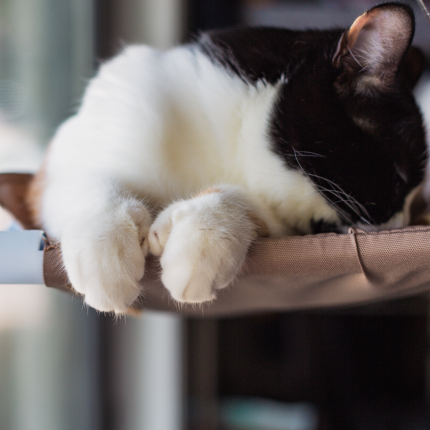Are Home-Cooked Cat Meals Truly Nutritious?
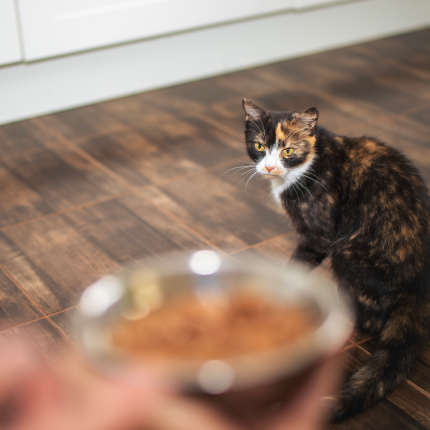
For many cat owners, preparing homemade meals for their feline friends seems like a loving, healthy choice. After all, who doesn’t want to know exactly what their pet is eating? However, a recent evaluation of home-prepared maintenance diets (HPMDs) for cats raises important questions about whether these meals are meeting the nutritional needs of adult cats.
A study led by Dr. Sarah A. Wilson and colleagues examined 114 recipes sourced from books and online platforms to see if they matched the National Research Council’s (NRC) recommended allowances for essential nutrients in adult cats. The results are eye-opening.
advertisement
Vague Instructions and Missing Feeding Guidelines
Of the 114 recipes analyzed, 113 had unclear instructions for preparation, and nearly half (46 recipes) didn’t provide feeding directions at all. Even among the 94 recipes detailed enough for computerized nutritional analysis, most still required assumptions about ingredients, preparation methods, or supplementation.
Who Wrote the Recipes Matters
The study found that recipes created by nonveterinarians and those lacking supplement products were more likely to fall short of essential nutrients. Interestingly, even veterinarian-authored recipes were not perfect; only five met nearly all nutrient requirements, and even these still fell short in key areas like choline and possibly taurine.
Nutrients Most Often Lacking
Across the board, several nutrients were frequently below recommended levels, including:
- Choline: 89.7% of recipes
- Iron: 76.6%
- Thiamine: 62.8%
- Zinc: 61.7%
- Manganese: 57.4%
- Vitamin E: 57.4%
- Copper: 45.7%
Even crude protein, often assumed to be abundant in homemade cat diets, was below recommended levels in 6.4% of analyzed recipes.
advertisement
The Takeaway
This study clearly demonstrates that all home-prepared cat diets carry a risk of nutritional deficiencies. Proper formulation requires specialized knowledge in feline nutrition and the use of dedicated computer software to calculate nutrient levels accurately. Without this expertise, even well-intentioned owners may inadvertently create diets that could harm their pets over time.
For cat owners passionate about home-prepared meals, the key is careful planning and professional guidance. Consulting a veterinarian or board-certified veterinary nutritionist and using validated recipes with supplements can help ensure that your furry friend is truly receiving a balanced, complete diet.

Featured Articles
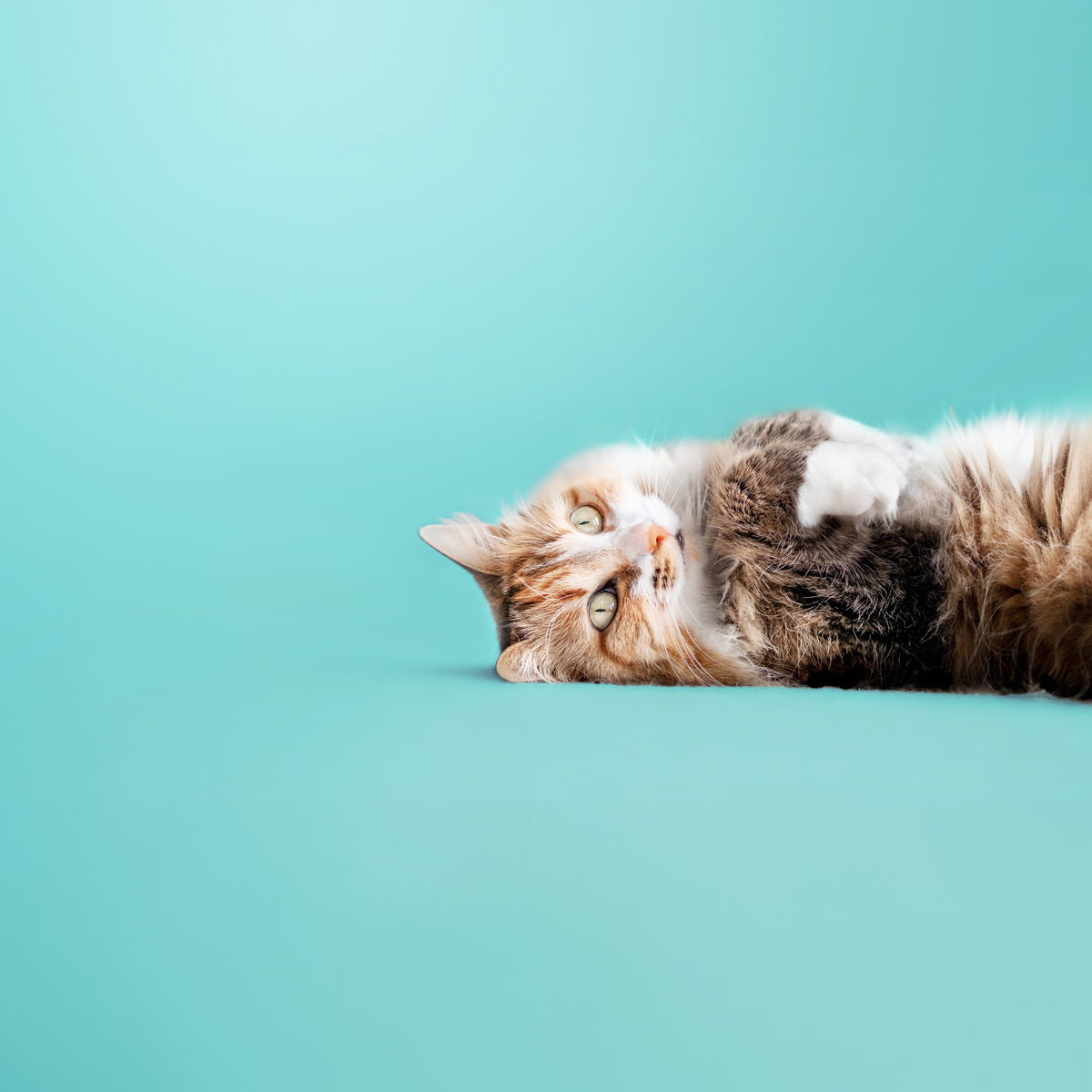
Why Do Cats Roll Over Into Their Backs But Not Let You Touch Their Bellies?
It’s common knowledge dogs love to have their tummies rubbed when they freely lay down before you and roll onto their backs. But, if you’re also familiar with cats, you know that when they roll onto their backs with their bellies exposed, rubbing the belly will most likely result in…
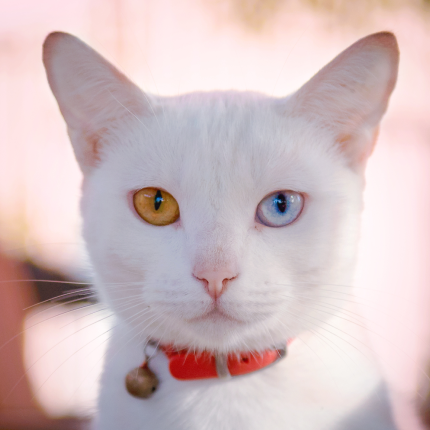
The Odd-Eyed Cat (AKA Heterochromia)
Cats are already beautiful and fascinating creatures, but people are bound to take notice when they have something as captivating as two different colored eyes. Odd-eyed cats always have one blue eye paired with either a green, yellow, or brown eye. This form of heterochromia occurs in other animals, including…
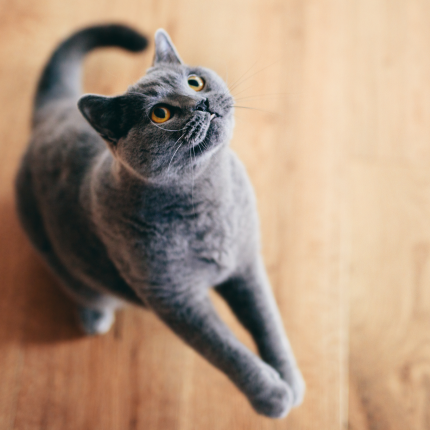
Greebles and Cats: The Origin and the Meaning
You may have seen an internet sensation concerning cats labeled “greebles.” Feel out of the loop? We’re here to help you. In 2019, Reddit user /user/literallyatree commented on a Reddit post about a cat that looks like it’s trying to slap a ghost. This user commented: “My family calls things…
